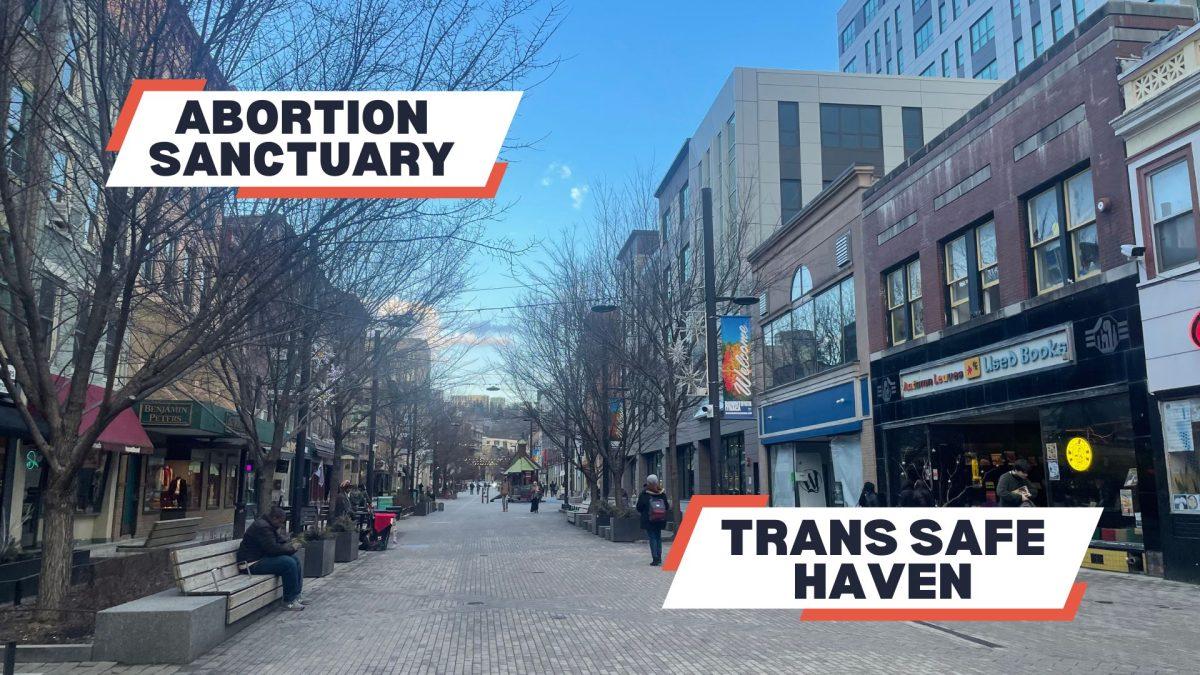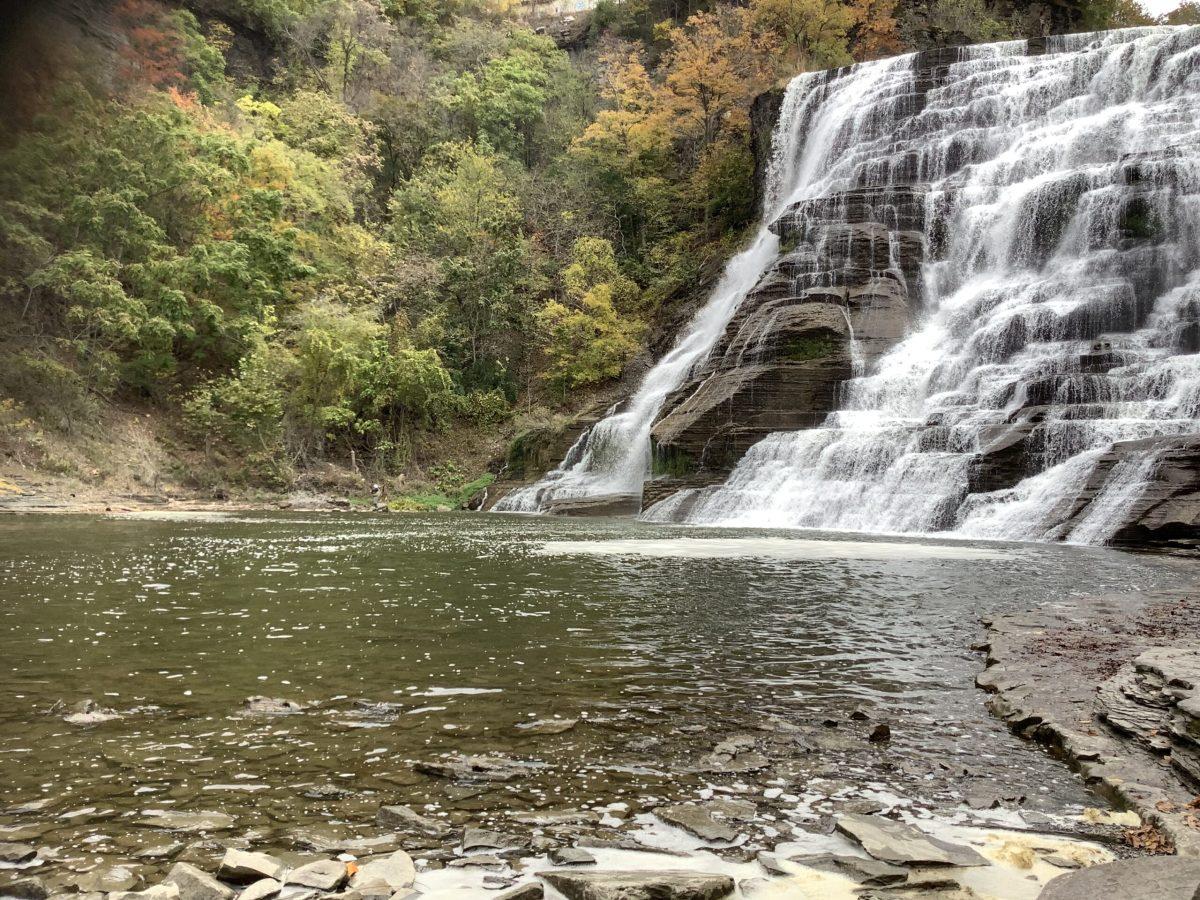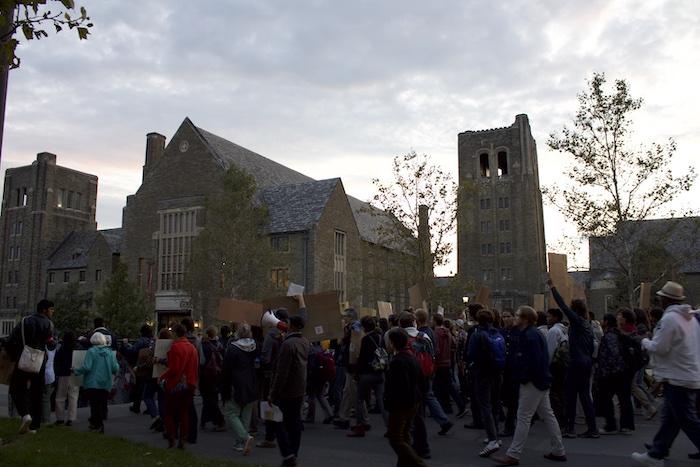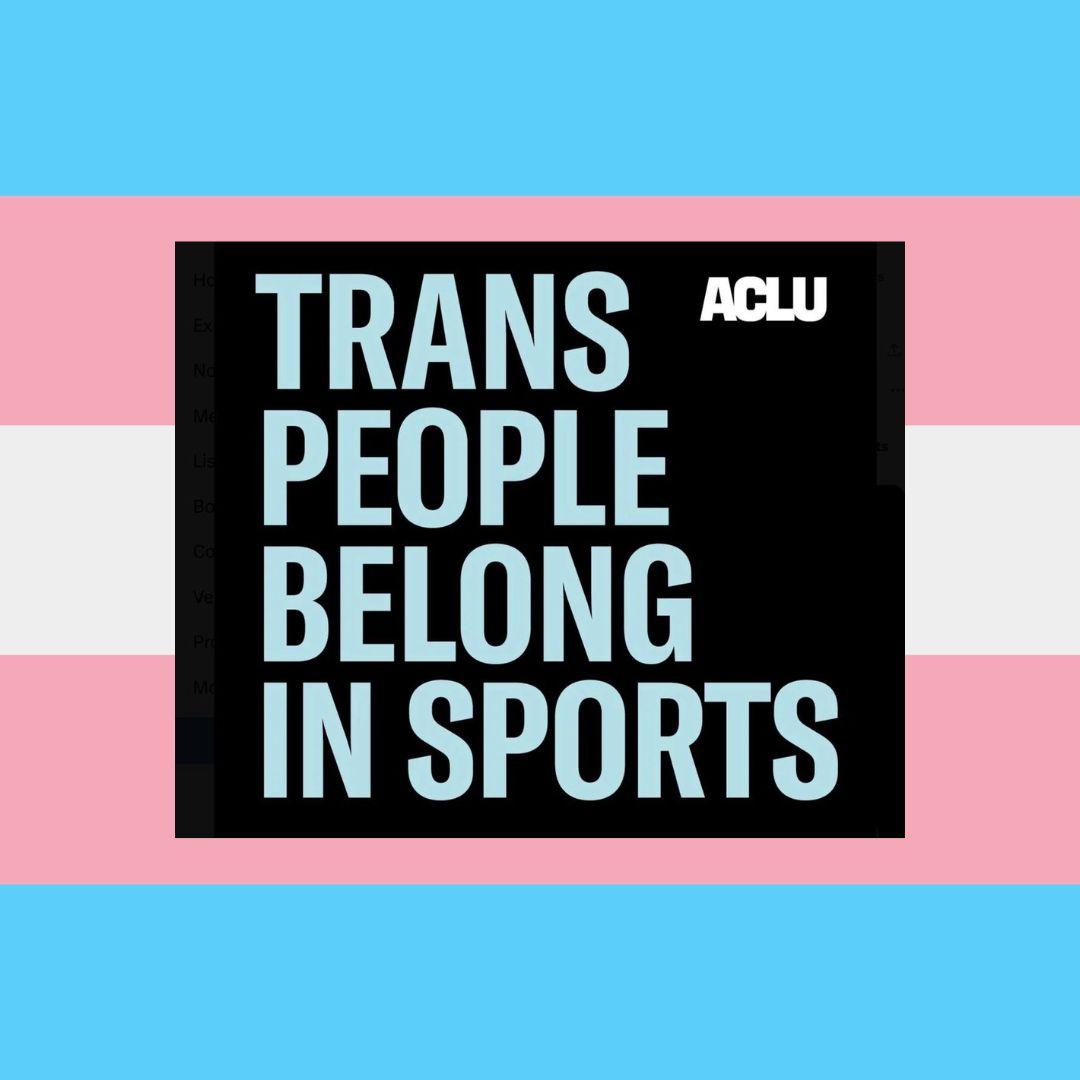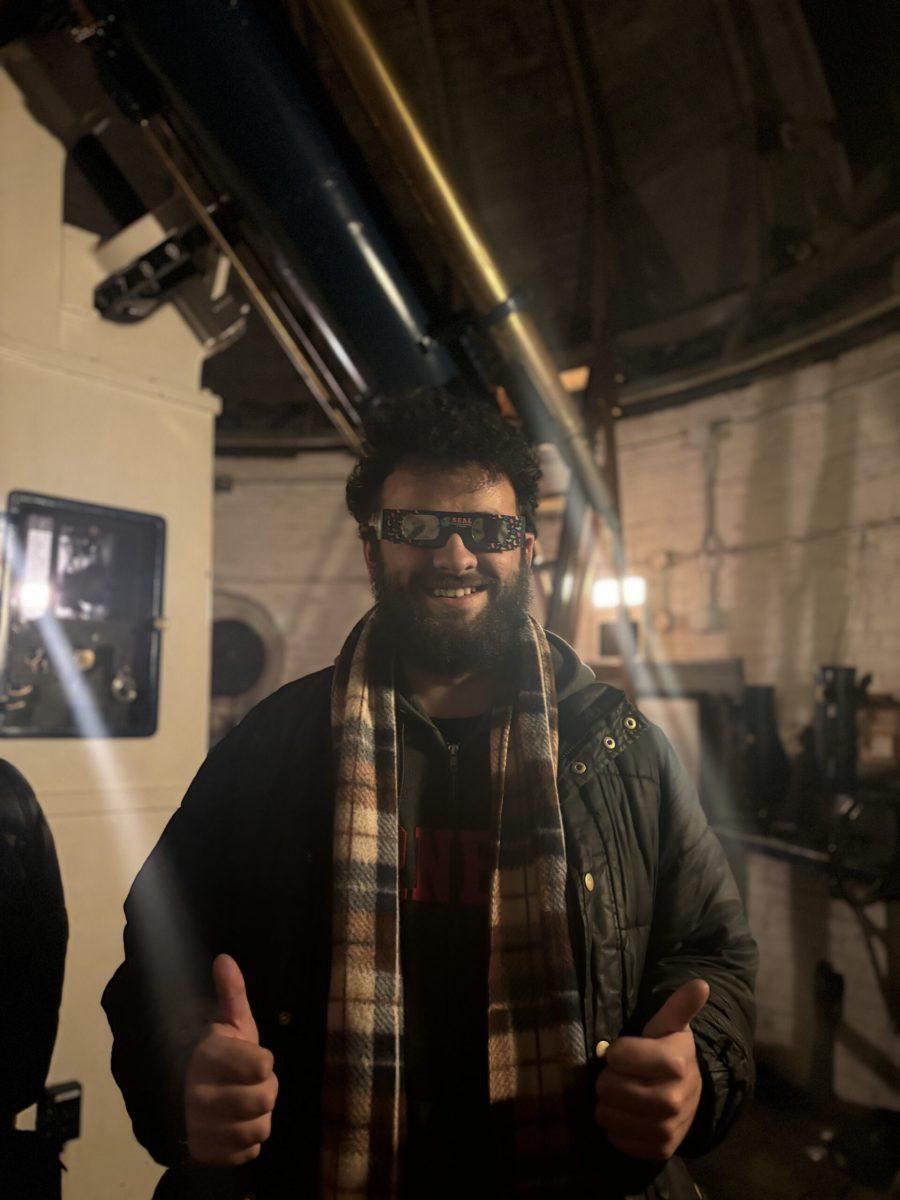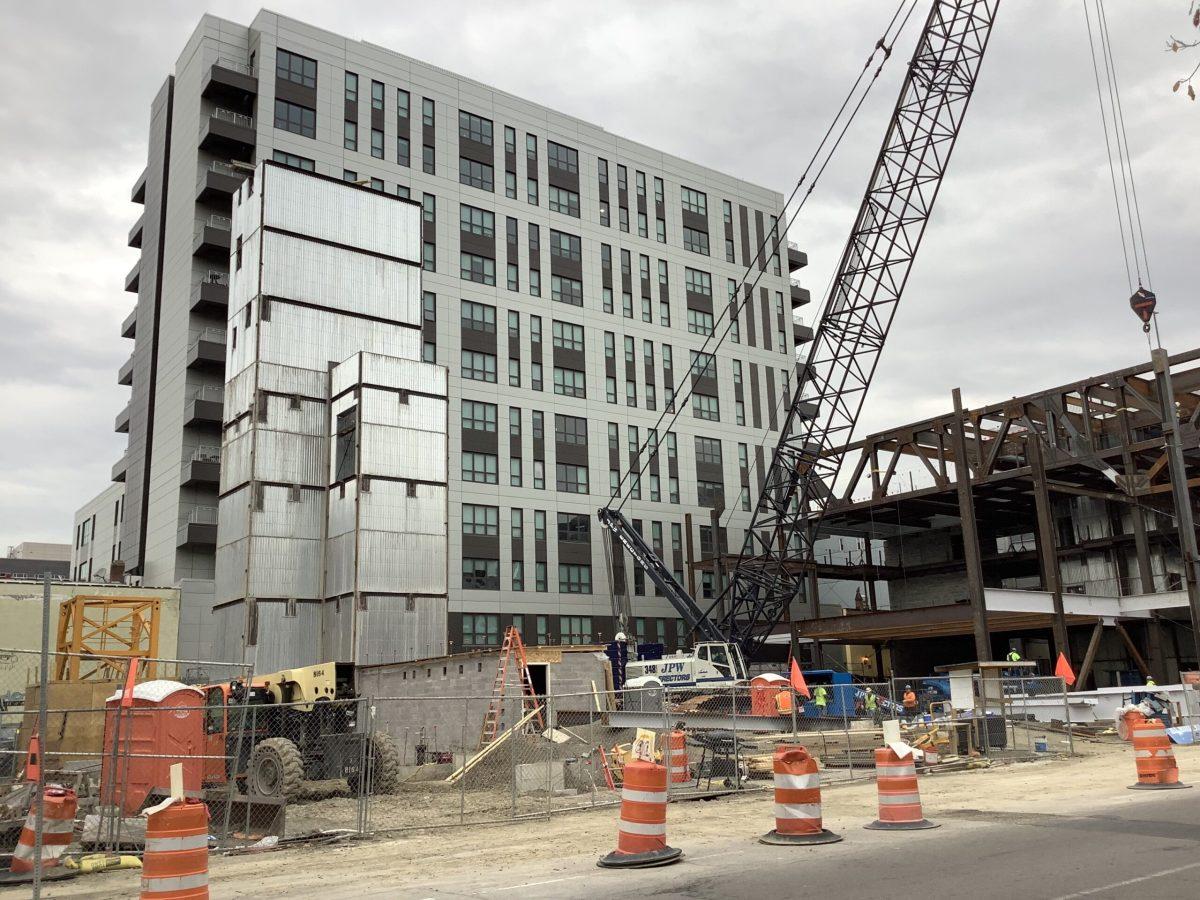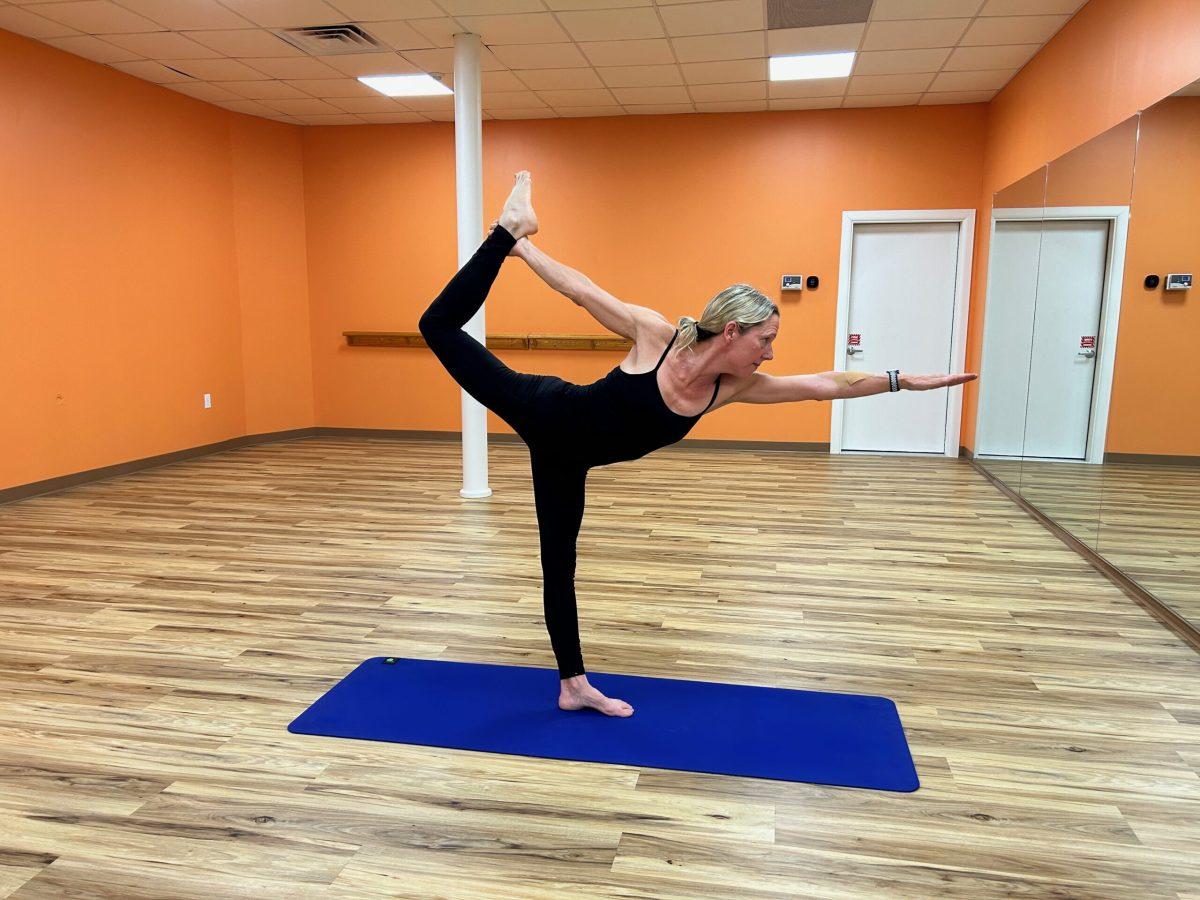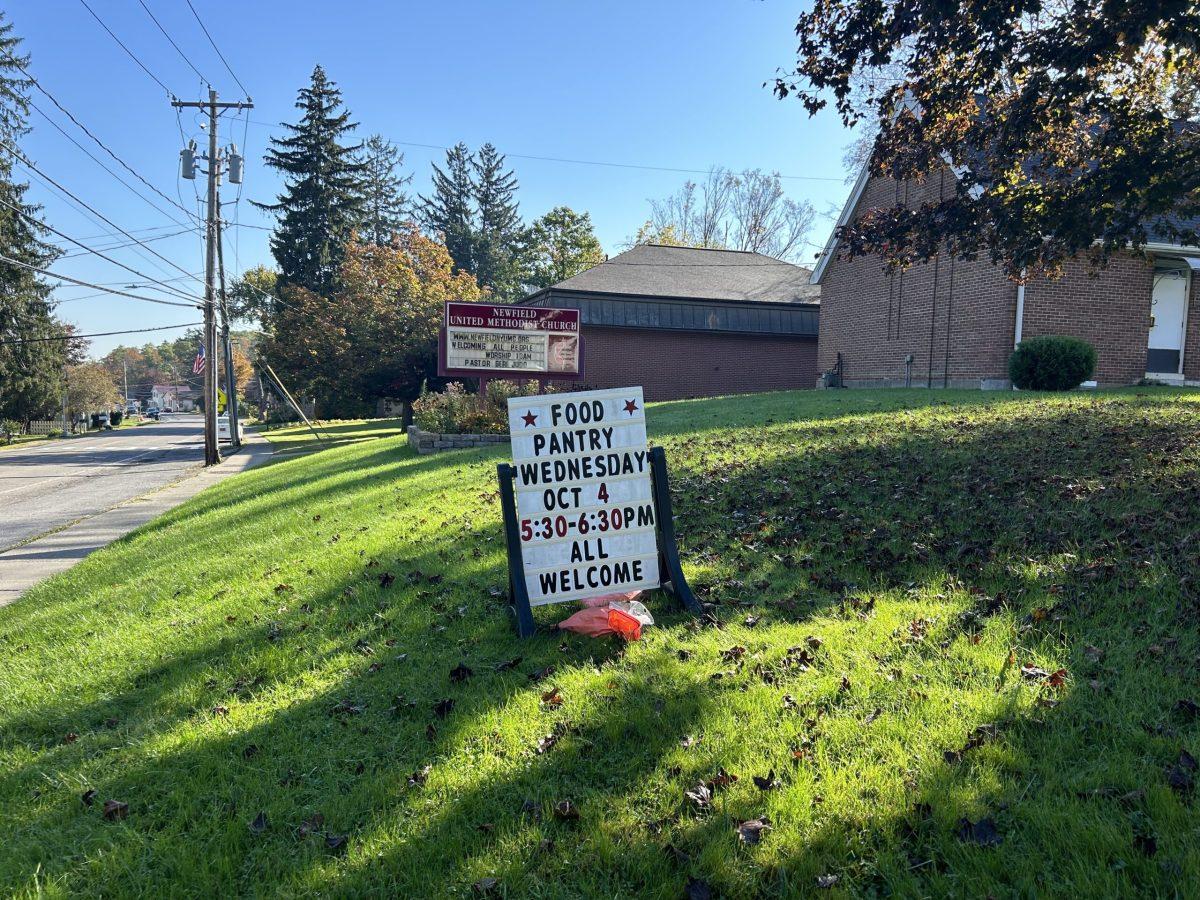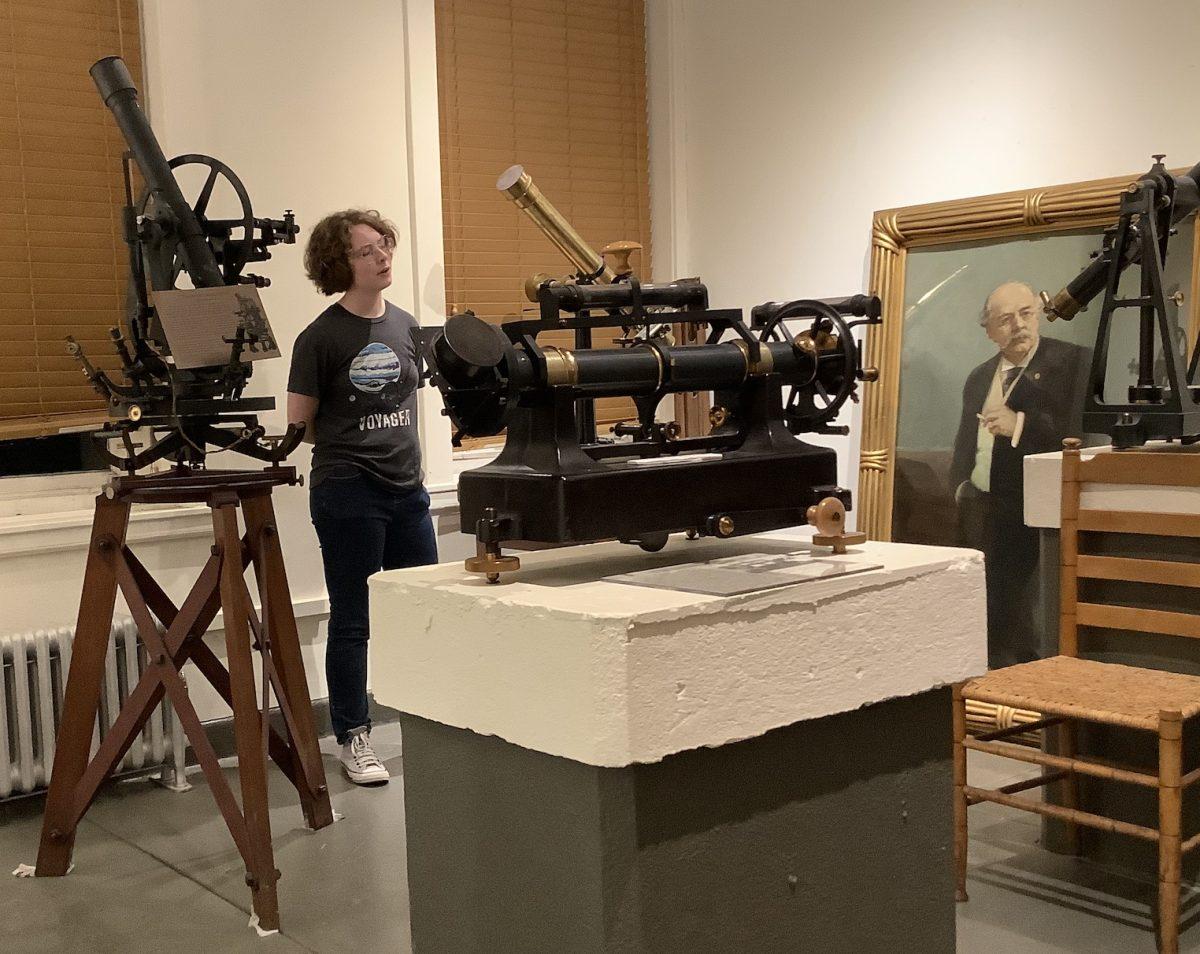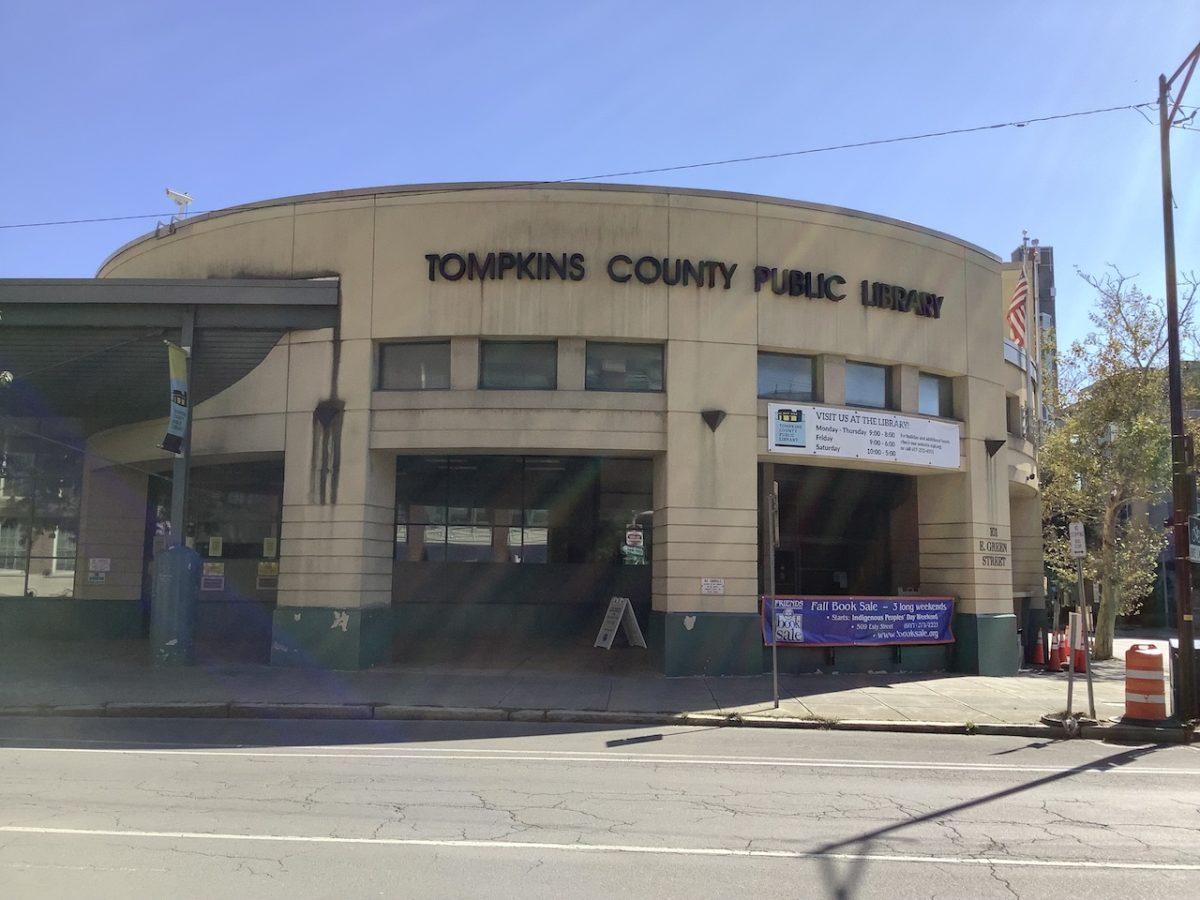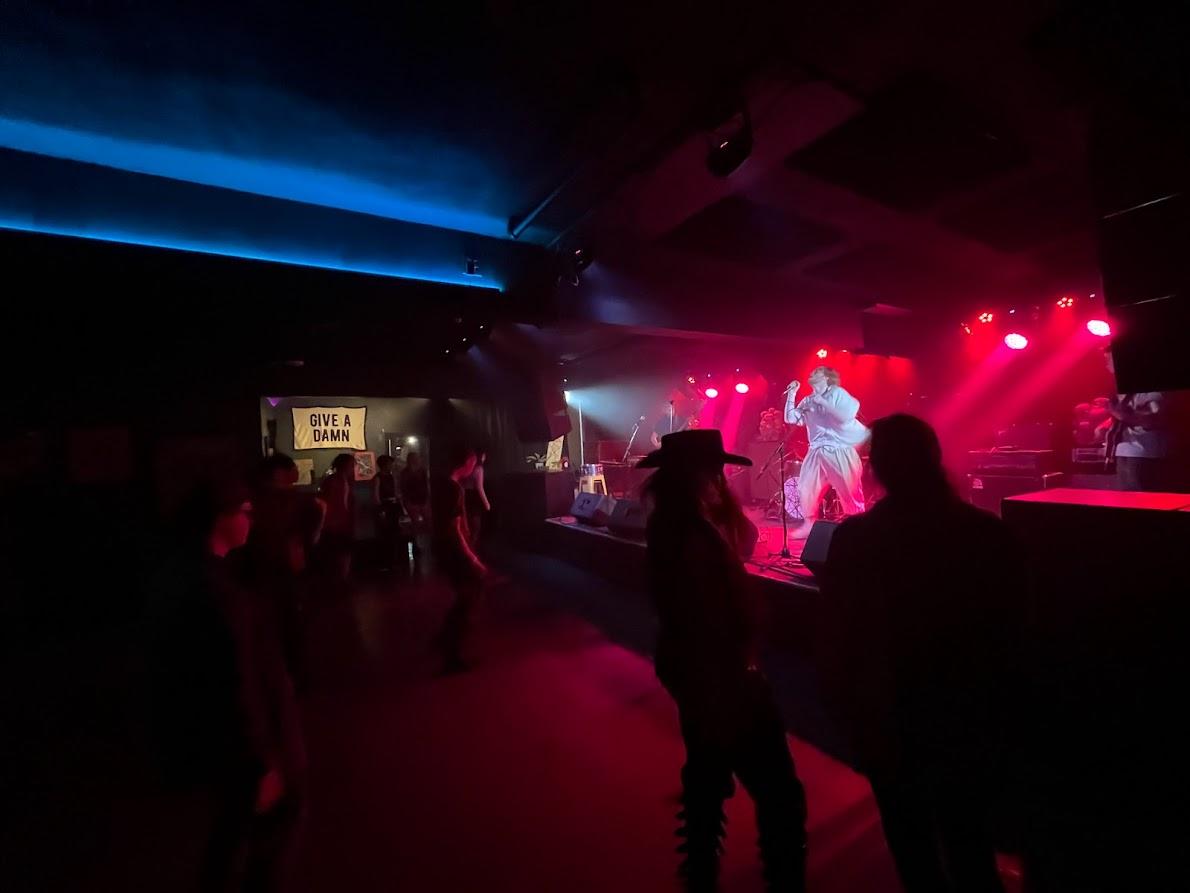ITHACA, N.Y. – Ranked number 14 on the U.S News and World Report’s Top 15 places to visit in New York State, it is no surprise that Ithaca sees floods of tourists throughout the year. With this however, also comes the need for people to find places to stay during their trip.
Josephine Ennis, a local housing attorney, presented to the Ithaca Planning and Economy Committee a number of proposals aimed towards improving the short-term rental (STR) community.
Proposed Policies
Similar to the Town of Ithaca, the City of Ithaca wants to pass new STR legislation. Currently there are 576 STR properties that can be booked on numerous sites such as AirBnb and Vrbo, with 387 of them being active. Ennis wants her proposed policies to reflect the city’s main goal of housing affordability and additional goals, such as increasing the supply of rentals during peak tourist time periods.
The first proposal Ennis presented requires STRs to be licensed. Primary residences (homes where people rent out their space while they are not currently living there) will also have requirements to rent those spaces as unhosted. The City of Ithaca can allow unlimited hosted stays where a person can rent out a private room in an inhabited house.
“If you’re on vacation, [it] doesn’t have to be hosted, but you may also host people in a private room or accessory apartment,” Ennis said during the presentation.
Ennis’ other proposal includes creating a special permit where homes can have occasional rentals of 14 days a year, or seasonal rentals from May 15 – Aug. 15. Both of these do not require the unhosted stays to be primary residences only, allowing students to take part in the STR business when they are not living in their off-campus properties.
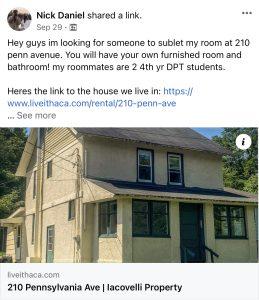
“It includes a broader array of the users in the community who do not contradict the policy goals,” Ennis said.
Problems Solved?
While the policies can increase the number of short-term rental properties in Ithaca, visitors are still skeptical.
“For me, the surprise, since I’m new to AirBnBs, was the added additional fees,” Kelly Coffey said. Coffey is a frequent visitor to the Ithaca area as she and her husband often visit their son who is a local college student. “It makes it almost unaffordable, or the same as a hotel.”
When looking at available AirBnBs for a family of three for the weekend of Oct. 14 – Oct. 16, most of the rentals go over $232 per night, which is the median price per night as reported by Ennis. For that same weekend, a family of three can book a stay at the Cayuga Blu Hotel for $175 per night according to Hotels.com, which is cheaper than the least expensive listed property on AirBnB.
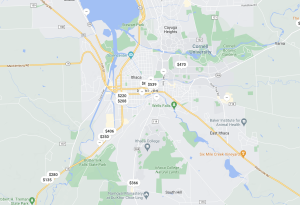
Nanette Turner, however, expressed frustration with both the hotels and STRs in the area when looking for places to stay in the area to visit her daughter.
“The prices were too high,” Turner said. “They had lots of rooms available, but it was just the pricing [was unaffordable].”
Turner, who originally wanted to stay elsewhere from her daughter during her visit, is now planning to sleep on her daughter’s couch.
Another issue Coffey mentioned is how few available STRs allow one night visits.
This reflects the opposite of the city’s tourist profile as in 2019, the Ithaca and Tompkins County Visitor Profile Report stated how the area can be called a “short getaway destination.” According to the report, 45% of visitors stay in the city for two to three nights, with 25% others saying they stay for only one night.
During the same Oct. 14 – Oct. 16 weekend, only 20 properties are available on AirBnB. When bumping up the trip to a three to four day excursion, the numbers increase to 26 and 27 houses available. Only 15 are listed for a one night stay in that same period, with the prices still higher than the local hotels .
“Any customer experience I have where the prices are upfront and clear, then I’m more likely to use that product or service,” Coffey said.
The City of Ithaca has yet to approve or disprove, Ennis’s suggested policies, and no date has been announced thus far.


